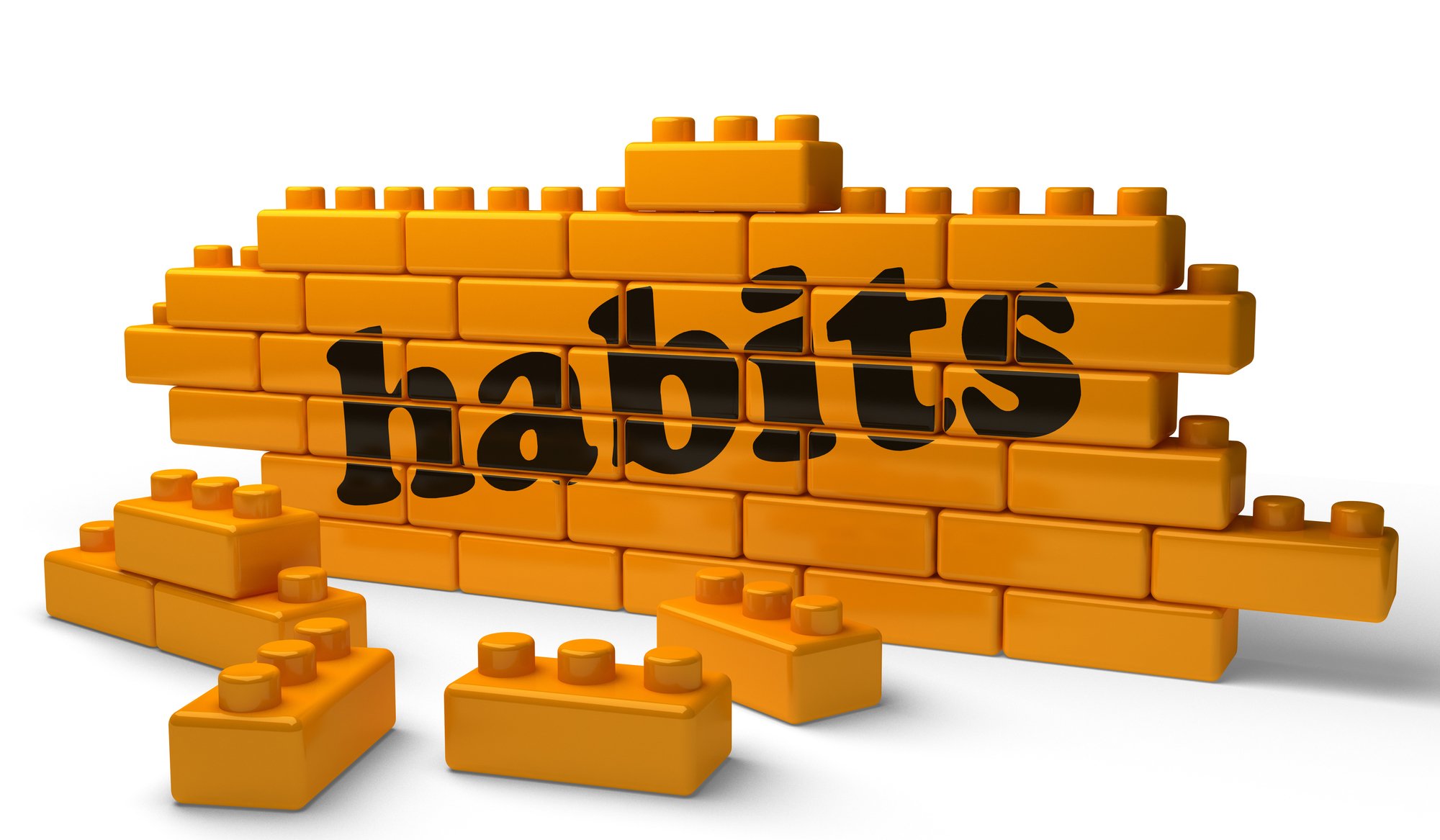
So you want to build lasting creative habits?
Like blogging on Steemit regularly.
Or writing a book.
Or composing an album.
Well, you might enjoy sitting down on the couch each evening to watch a comedy or a film or even play a video game, but now things are different. You will replace old habits with productive activities.
You won’t have as much free time as you used too. You must commit to spending some of your free hours alone in your room or studio, even if a boss or lover wants to know what you’re doing.
Are you prepared to sacrifice watching television, playing games, spending time on social media, reading trashy books, enjoying late nights out or pursuing side projects that have nothing to do with your creative work?
Because when you sacrifice the non-essential parts of your day, you’ll gain the momentum you achieve your goals.
Master Your Environment
If you’re not in the habit of keeping a creative schedule, you’ll encounter mental resistance when you try to do your work.
Go easy on yourself by setting up an office or studio with mental triggers.
Remove anything from this environment that distracts, for example, television or a games console.
You could even go as far as disconnecting your internet access in advance.
Willpower is a finite resource, and you don’t want to expend it wrestling with distractions.
Remove anything from your environment that has nothing to do with your big ideas. Leave visual clues about your work and ideas.
Write notes to yourself each night about what to work on the next day. This will help you [stay focused](@bryancollins/how-to-stay-focused-and-productive-without-getting-burnt-out.
Ease Yourself into It
To cultivate lasting creative habits, prepare your work in advance.
This practice ensures starting work each day takes a minimum amount of effort.
If you’re writing a Steemit blog post, for example, open the post in your computer, connect your headphones and queue your writing music in advance. This way, upon waking each morning, you’ll know what to do immediately without thinking about it.
You can also ease yourself in by spending 10 or 15 minutes reviewing the previous day’s work, reading or admiring the work of others who inspire you.
Like stretches help an athlete warm up, this will help you become more intimate with your ideas faster.
Get Ready to Create
Working on creative projects can feel messy, but you need a clear space to create in the first place.
When you finish working for the day, reset your workspace and sort through what you’ve worked on. Just as a master craftsman puts away his tools after work, you must tidy your desk or studio, file your notes and reorganise everything.
Then, lay out the following day’s work and ideas and the tools you need before you go to bed.
Now you’re free to feel intensely curious about your work.
Seek out Efficiency
Creativity is sometimes sloppy and disorganised.
Both good ideas and bad ideas appear at unusual times like at 03:23. They arrive in unexpected places too, like in the shower. So, you must be efficient about your routine.
To do this, anticipate what you need and then arrange everything so it’s to hand. Organise your tools and your supplies so that everything is in one place that you can easily access.
Then, check that you have everything you need such as pens, pencils, paints, paper, books, your notes, a firm resolve etc. before you start working.
You don’t want to waste time looking for your notes, research or buying supplies online when you could be working on a big idea.
Seek out Effectiveness
Artist Salvador Dali recommends artists set a goal of painting their masterpiece by working six days a week, but what if this practice is too ambitious?
Open up your calendar, set a deadline for your creative project and, working backwards, block out time on your calendar each day to create.
Then hold yourself accountable to this routine.
At the end of the week or month, review your routine. Ask yourself how many new ideas you came up with and whether you’re hitting your target word count or putting in enough hours in front of the canvas or page.
If you find your creative project isn’t on track, consider what’s holding you back and how you can remove these blocks. Get outside help from somebody who will hold you accountable if you must.
Only renegotiate your deadlines as a last resort.
Push Yourself Along
If you can’t write for an hour today, sit down and write for 15 minutes.
If you don’t have enough energy to paint or write after work, try for just five minutes in the morning.
If you’re feeling anxious about emailing interview requests for your documentary, just draft the email and gather the addresses you need.
If you’re a writer, turn up in front of the blank page at the same time every day and force yourself to write even if you’ve got nothing to say. I like to start with a short journal entry about my intentions for the day or re-read the previous day’s work.
If you’re a filmmaker, go to the set or your script and figure out how you’re going to approach the next scene in a fresh way.
You progress towards your goal slowly but surely if you nudge your work along in some small way each day.
